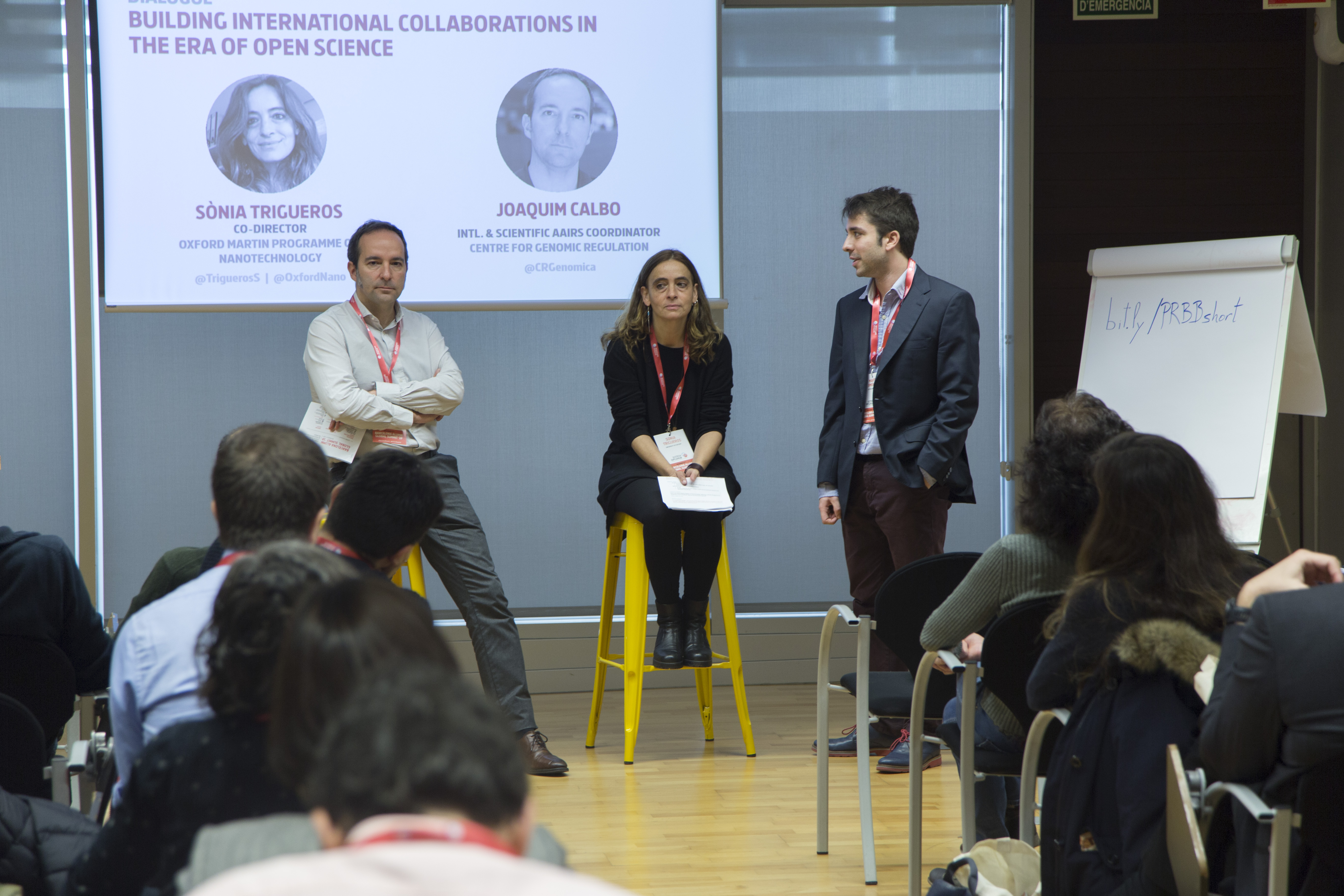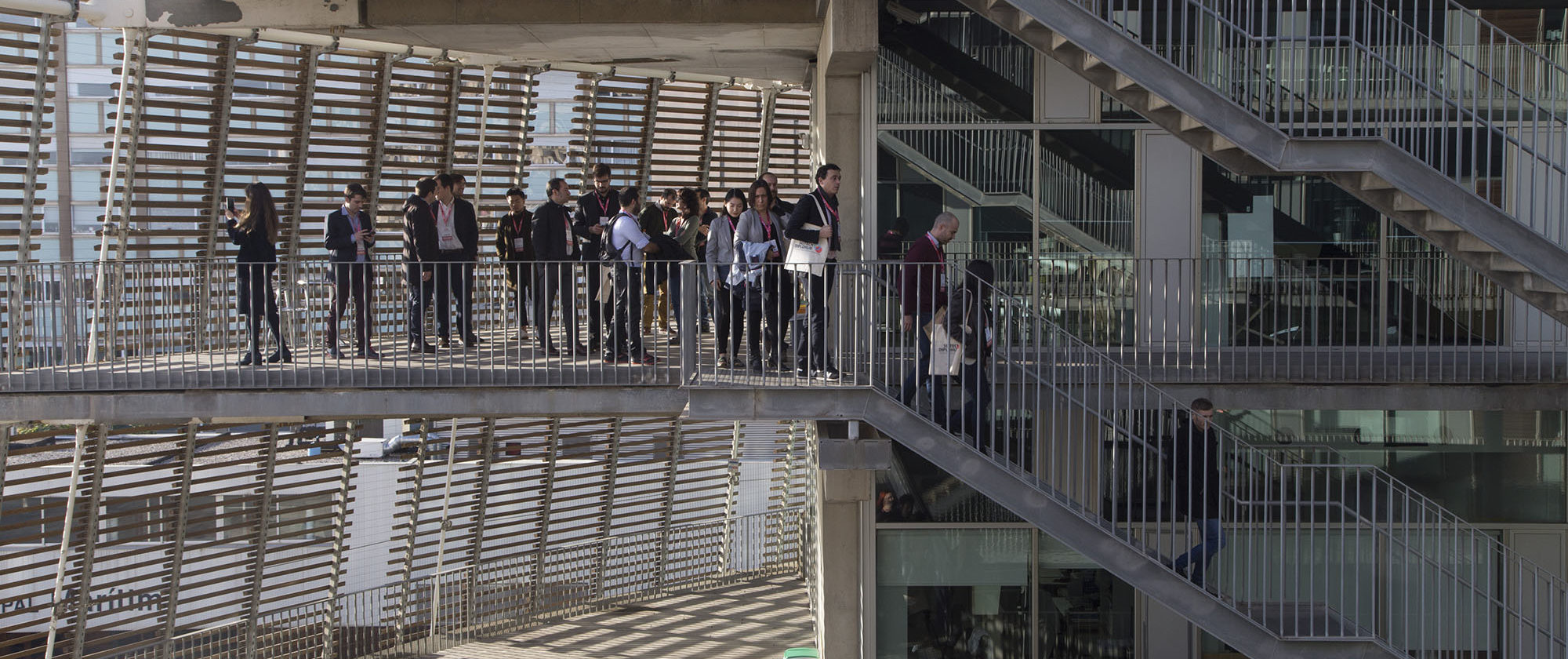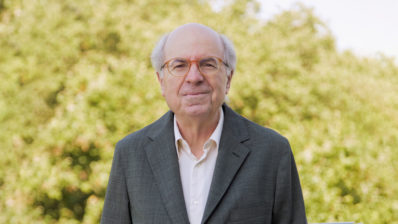With more than a thousand members in over thirty countries, the ‘Barcelona Alumni’ network, coordinated by the public-private organization SciTech DiploHub, brought together highly competitive scientists trained in the Catalan capital and currently occupying prestigious positions in various international institutions.
The Barcelona Biomedical Research Park (PRBB) was one of the three institutions that hosted this event on December 27. Early in the morning, the director of the BarcelonaBeta Brain Research Center (BBRC), researcher at the Institute for Evolutionary Biology (IBE: CSIC-UPF) and at the Centre for Genomic Regulation (CRG) and ICREA Research Professor, Arcadi Navarro, welcomed the attendees. “It makes sense to consider Barcelona as a step on your scientific career”, he said. In fact, Navarro confirmed that, for a few months in 2019, the PRBB had the highest density of European Research Council grants per square meter in the whole Europe.
According to the BBRC director, the scientific ecosystem of Barcelona was created based on the following ideas:
- Focusing on people before projects. “Focusing on very bright and talented people that want to work here has allowed us to create a rich ecosystem such as the one we have. If you manage to attract these people, they will attract resources”, says Navarro. In fact, the Catalan Institution for Research and Advanced Studies (ICREA) was created precisely with the ambition of gathering together the best scientists in the world.
- Focusing on institutions before projects. It is necessary to give people strong institutions to work in; strong and well organised institutions that foster exchange of ideas.
After the welcome speech, it was the turn of Sonia Trigueros, director of the Institute of Nanomedicine from Oxford University, and Joaquim Calbó, projects coordinator of the Scientific and International Affairs Office at the CRG, as well as coordinator of the SOMM Excellence Alliance. They discussed the importance of establishing international collaborations in the Open Access era. Both researchers exchanged examples of good practices in Oxford and Barcelona.
After the debate was over, and before leaving the PRBB, attendees enjoyed a guided tour through the Park’s facilities.








